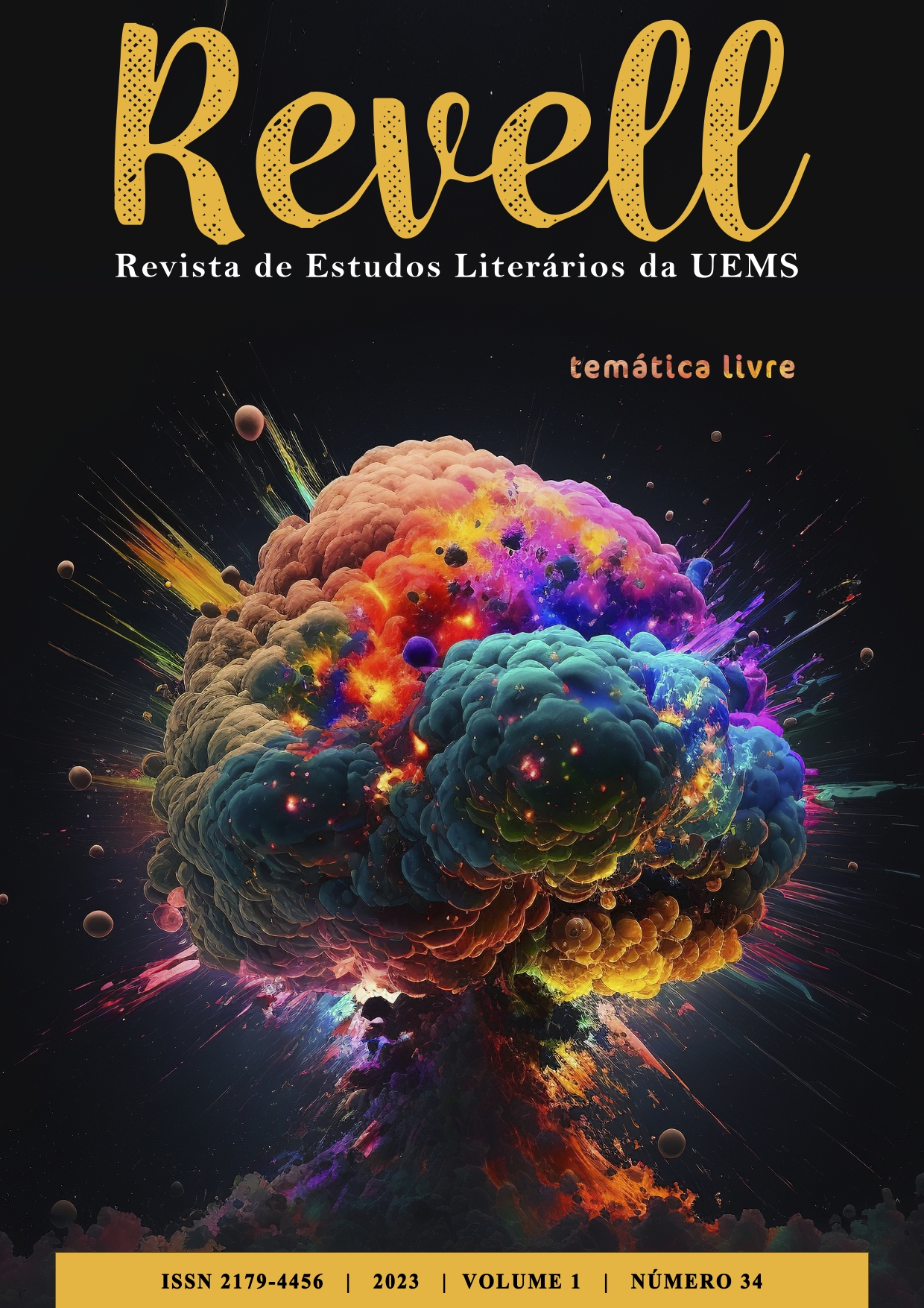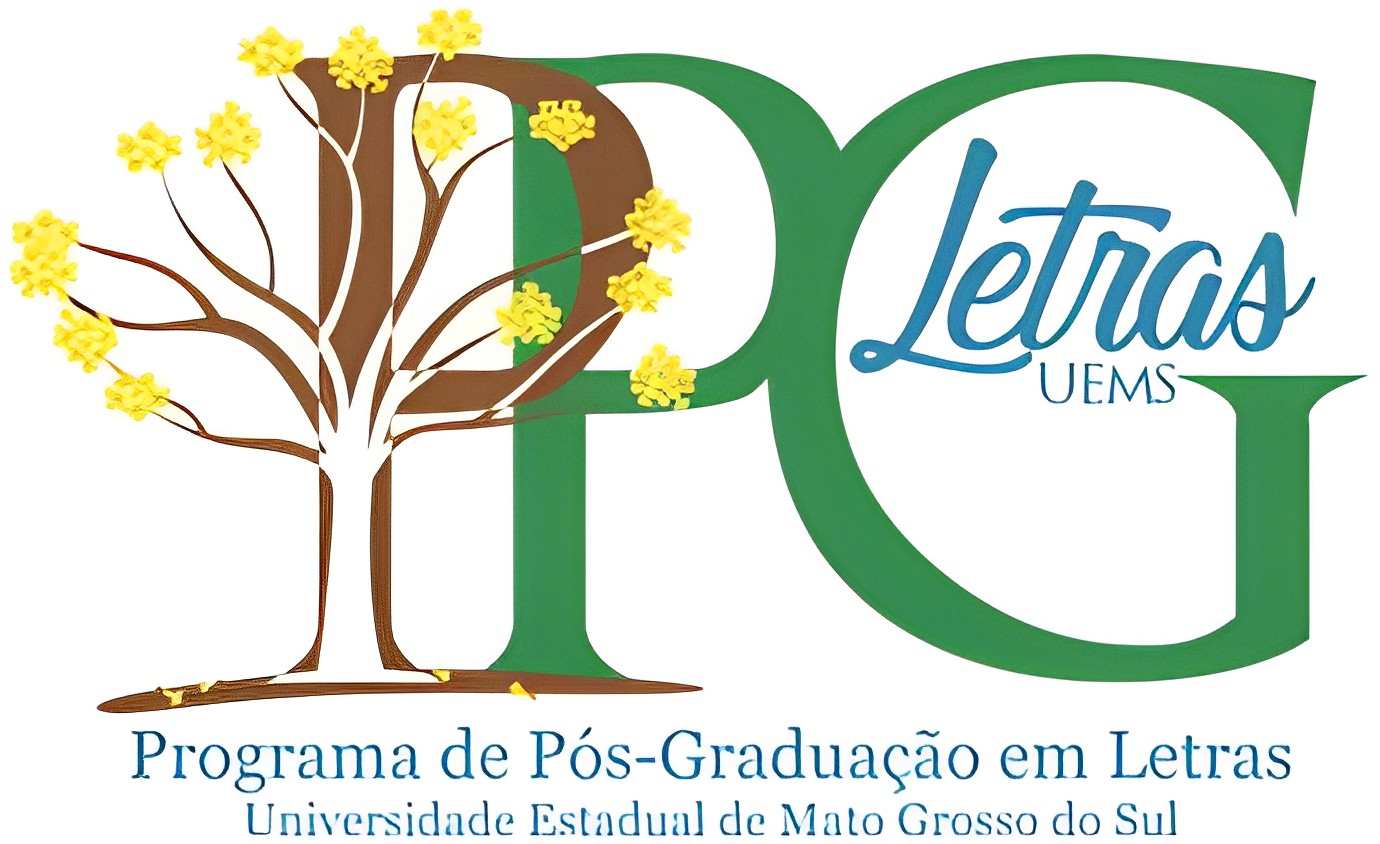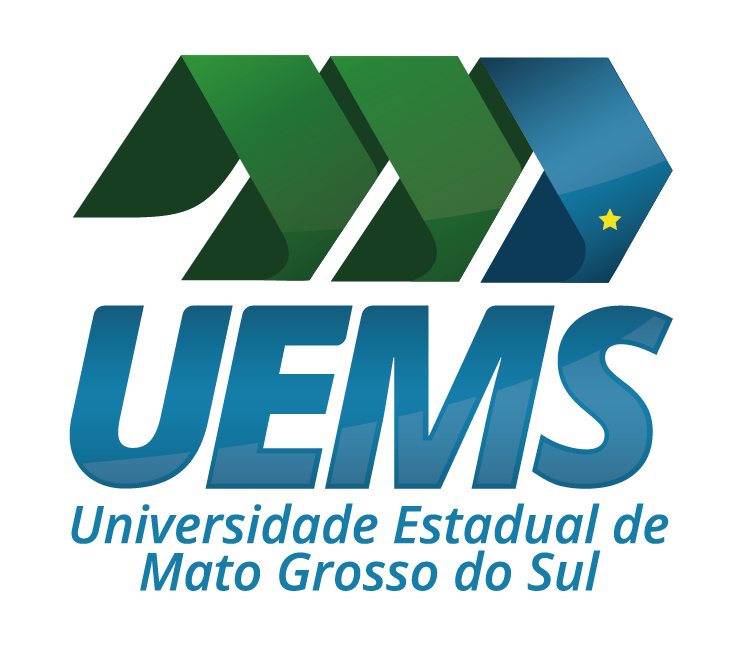Sobre mímesis e trabalho doméstico
Suíte Tóquio, de Giovana Madalosso
DOI:
https://doi.org/10.61389/revell.v1i34.7487Keywords:
Mímeses, Housekeeper, Suíte Tóquio, Giovana MadalossoAbstract
The purpose of the article will be to analyze the literary representation of the character Maju, Ana's nanny who shares the role with Fernanda, in Suíte Tóquio, by Giovana Madalosso (2020). In view of a certain originality in the work, due to the fact that the protagonist is a commonly secondary character, it will be examined which mimesis fits the work of Madalosso (2020), the traditional one, from Aristotle’s Poetics, “[...] que a literatura imitava o mundo [...]” (COMPAGNON, 2012, p.124), which “[...] did not have an exteriority and only made a pastiche of literature.” (COMPAGNON, 2012, p.124) or the interpretation of Compagnon (2012), that ““[...] a mimèsis não era passiva, mas ativa [...] a mimèsis constituía uma aprendizagem” (COMPAGNON, 2012, p.124). In addition, it will be discussed how the maid gains voice in the narrative from the analysis of the narrator, based on the concept of Jaime Ginzburg (2012), described in the article O narrador na literatura brasileira contemporânea. Finally, the socio-historical influence of Maju as a woman, nanny and poor in her novel will be discussed, based on the writing of Juliana Teixeira (2021) in Trabalho doméstico.
References
ARISTÓTELES. A poéica cláasica/ Aristóteles, Horácio, Longimo. 20ª reimpressão. São Paulo: 2021.
COMPAGNON, Antoine. O demônio da teoria: literatura e senso comum. Belo Horizonte: Editora da UFMG, 2012.
FRIEDMAN, Norman. O ponto de vista na ficção: o desenvolvimento de um conceito crítico. Tradução Fábio Fonseca de Melo. Revista USP, São Paulo, n. 53, p.166-182, mar./maio 2002.
GINZBURG, Jaime. O narrador na literatura brasileira contemporânea. Tintas. Quaderni di letterature iberiche e iberoamericane, v.2 (2012), pp. 199-221. Disponível em: http://riviste.unimi.it/index.php/tintas. Acesso em 25 nov. 2022.
MADALOSSO, Giovana. Suíte Tóquio. Iª ed. São Paulo: Todavia, 2020.
RANCIÈRE, Jacques. As margens da ficção. Tradução de Fernando Scheibe. São Paulo: Editora 34, 2021.
TEIXEIRA, Juliana Cristina. Trabalho doméstico. São Paulo: Sueli Carneiro: Jandaíra, 2021.
Downloads
Published
How to Cite
Issue
Section
License
Copyright (c) 2023 REVELL - REVISTA DE ESTUDOS LITERÁRIOS DA UEMS

This work is licensed under a Creative Commons Attribution 4.0 International License.
DECLARAÇÃO DE ORIGINALIDADE E EXCLUSIVIDADE E CESSÃO DE DIREITOS AUTORAIS
Declaro que o presente artigo é original e não foi submetido à publicação em qualquer outro periódico nacional ou internacional, quer seja em parte ou na íntegra. Declaro, ainda, que após publicado pela REVELL, ele jamais será submetido a outro periódico. Também tenho ciência que a submissão dos originais à REVELL - Revista de Estudos Literários da UEMS implica transferência dos direitos autorais da publicação digital. A não observância desse compromisso submeterá o infrator a sanções e penas previstas na Lei de Proteção de Direitos Autorais (nº 9610, de 19/02/98).



















